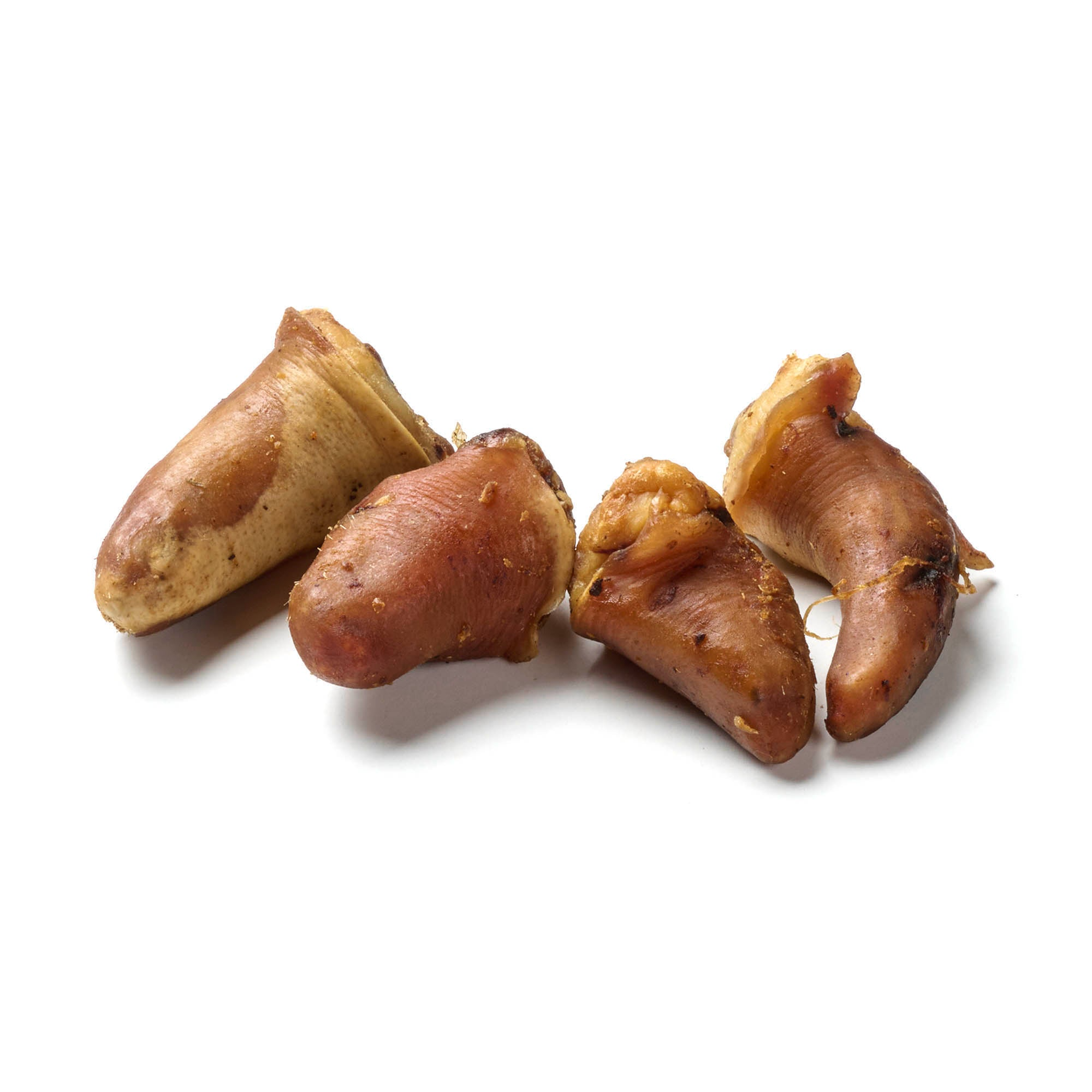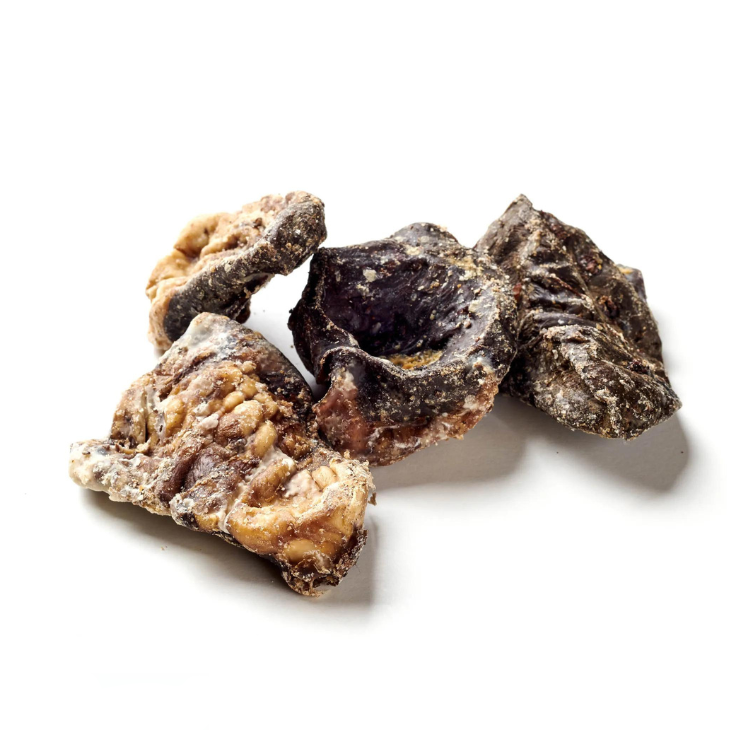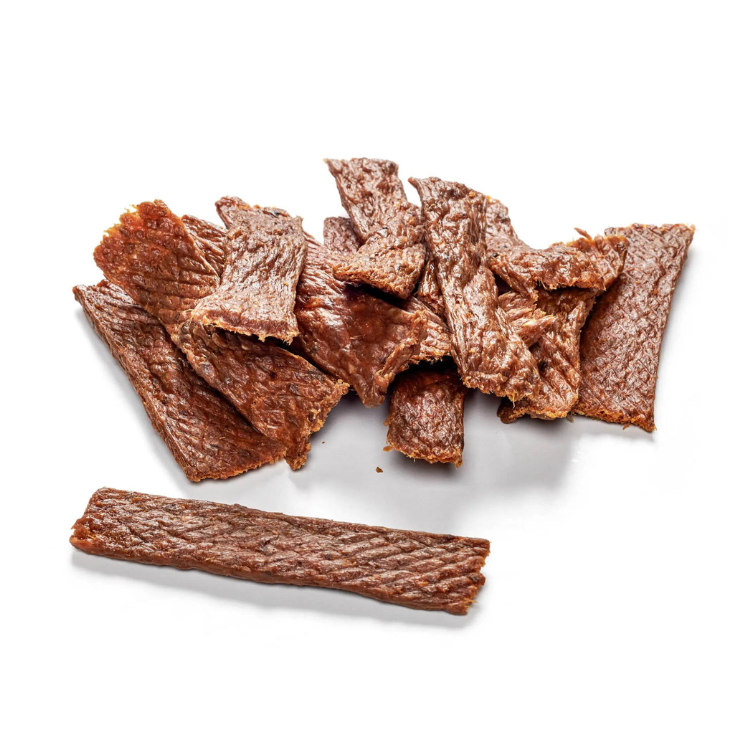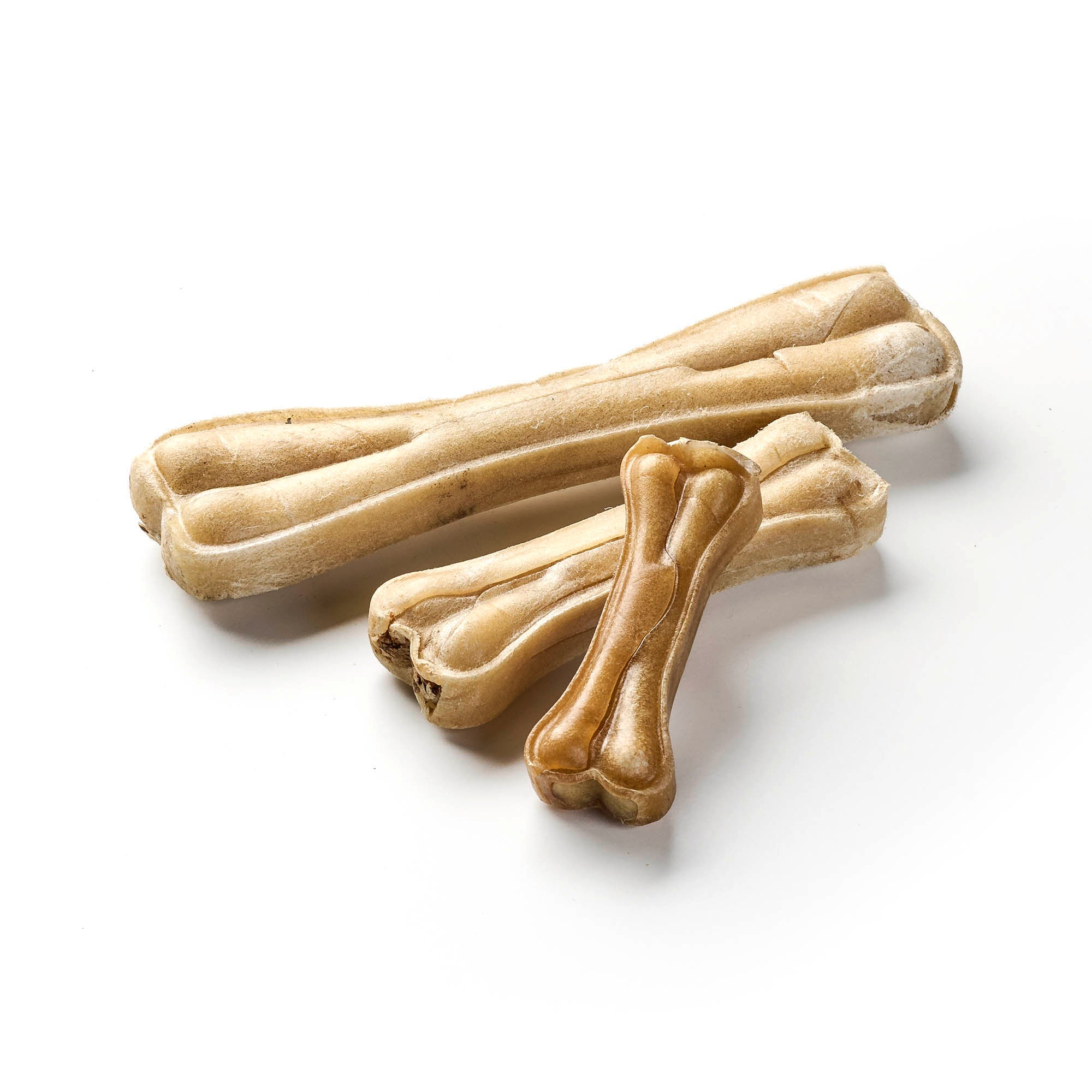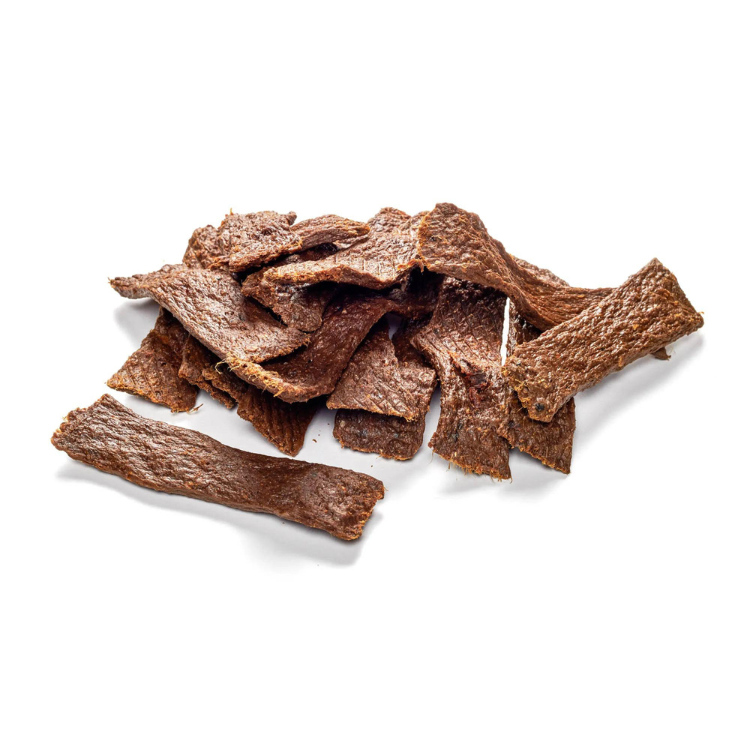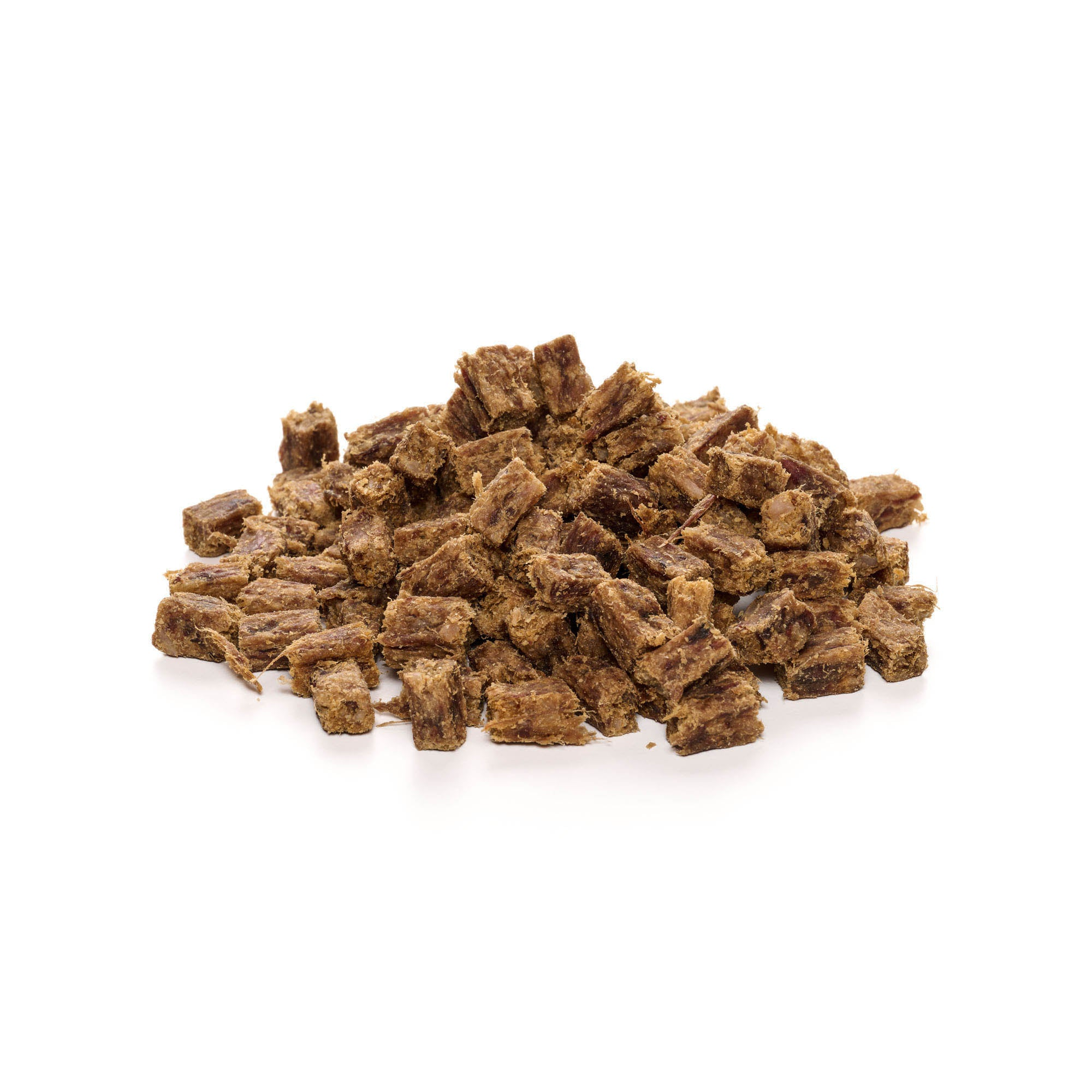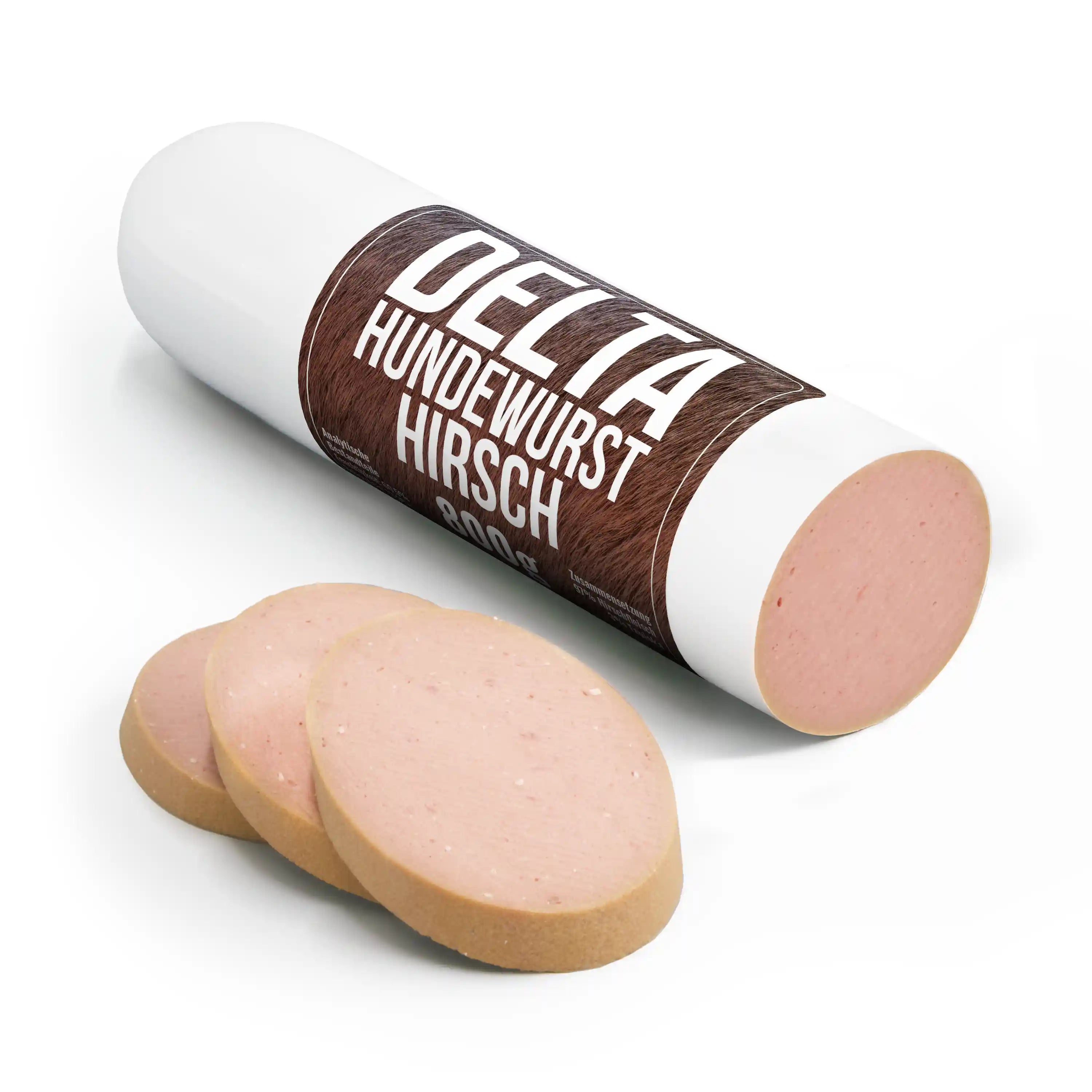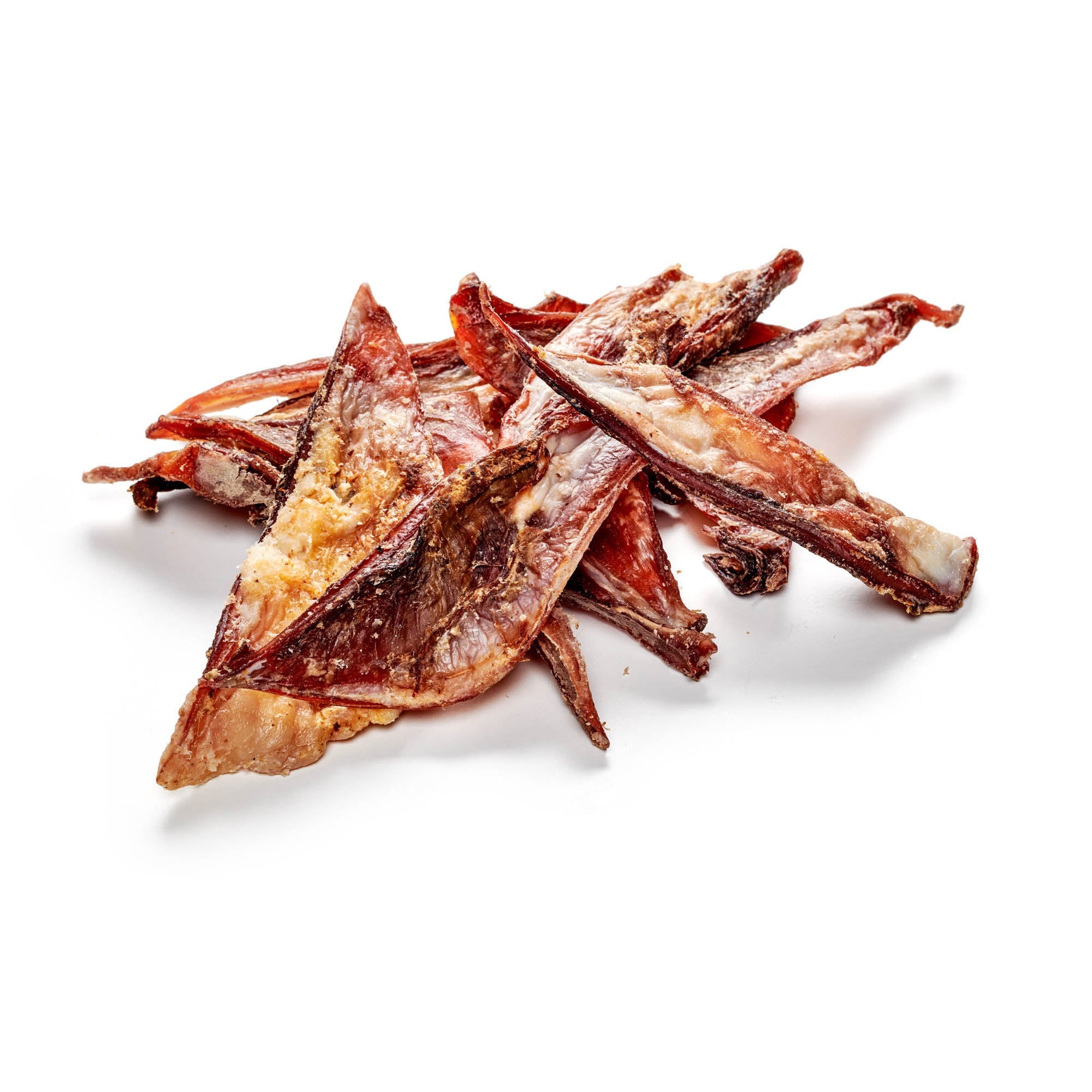
Puppy food - what you need to know
Share
Anyone who has taken on responsibility for a small puppy feels obliged to do everything possible to ensure that the little four-legged friend only gets the best of the best to eat. In the search for fulfillment of this project, even experienced dog owners are literally overwhelmed by the offer and so it is not always easy to make the best choice. Here you can find out how to find the right dog food for your little furry friend.
Contents: Puppy food - what you need to know
- Why is dog food made specifically for puppies?
- How long is puppy food appropriate for?
- How often does a puppy need to be fed?
- Size does matter
- Should puppy food be grain free?
- Conclusion
Discover our selection of premium dog chews!
Why is dog food made specifically for puppies?
This is a question that is entirely justified and quite a few dog owners wonder whether they can simply serve their puppy “normal” dog food . But puppies actually have different needs than adult dogs and so dog food specifically for puppies has its right to exist. We humans also have different needs; after all, a human toddler receives different portions or foods than adult people. It's very similar with dogs. The right puppy food ensures that the young dog always consumes the right nutrients.
However, when choosing dog food for your own puppy, it is important to choose the right puppy food. Breed, age, intolerances and a possible allergy in the dog must be taken into account when making the choice. This way you will ensure that your puppy gets the best possible start in life.
How long is puppy food appropriate for?
Because puppies grow very quickly, they need food that is rich in protein and calcium. Therefore, it is advisable not to introduce them to regular adult dog food too quickly. As a rough rule of thumb, you can remember the following numbers:
- Up to 1 year: small and medium sized breeds
- Up to 1.5 years: large breeds
- Up to 2 years: very large lawns
The right time to switch from puppy food to dog food for adult dogs is not always easy to determine, because four-legged friends are of course very individual. Therefore, it makes sense to ask your veterinarian for advice. The breeder from whom you bought the dog may also be able to help you with this.
How often does a puppy need to be fed?
Small puppies are usually cared for by their mother at the beginning of their life and feed on their mother's milk.
In this way, the puppy receives the most important nutrients and a solid basis for healthy development is created. However, when it comes to switching the puppy from mother's milk to dog food, many dog owners are unsure about which food to choose and how often the puppy should be fed per day.
To get a better understanding of how often a puppy should be fed, take a look at the following table:
|
12 months |
3 to 4 meals per day |
| 2 – 5 months | 3 meals per day |
| 5 – 8 months |
2 – 3 meals per day |
| 8 – 12 months |
2 – 3 meals per day |
Make your dog happy with our tasty chews!
However, the table only serves as a rough guideline that you can use as a guide. In general, you should always consider the following aspects:
- The age of the puppy determines how often it should be fed per day
- The frequency of feeding is significantly influenced by the breed and its size
- During the first year, the frequency of meals is gradually reduced
Size does matter
An important aspect that some dog owners don't pay enough attention to is the different speed at which different breeds grow. Some breeds weigh up to 20 times as much after 10 months as they did at birth, while other breeds can weigh up to 100 times as much as they did at birth. For you as a dog owner, this means that you should take a holistic look at the breed as well as the size and age of your four-legged friend when choosing food. You should also know when your dog will be fully grown and how long it will take.
Puppy food for small dog breeds
Puppy food for small dog breeds not only has the advantage of meeting the needs of small dogs. Rather, it is simply smaller and more “mouth-friendly” than dog food for large dogs. There are complete feeds for this purpose, some of which are even made specifically for the respective dog breed, depending on the manufacturer. This way you can be sure that your puppy is only getting what is good for him and his growth. For wet food for small puppies, the portion sizes are also much smaller than comparable ones for large dog breeds. This is of course very practical if you don't want to keep open wet food in the fridge.
Puppy food for large dog breeds
For large dog breeds, puppy food is particularly important because it supports growth and, more importantly, the right pace of growth. For many large dog breeds, it is extremely important to prevent certain diseases during puppyhood. There are also very special offers for large dog breeds that suit your dog exactly. For small and large dog breeds, the veterinarian or breeder of choice is also good advice when it comes to dog food.
Should puppy food be grain free?
Serving your little four-legged friend exclusively puppy food without grains may well be an idea that you should consider. While your puppy may not be allergic to grains, ideally you shouldn't let it happen. Therefore, you can ensure that your little one only eats grain-free puppy food right from the start.If you are unsure whether your puppy may be suffering from an allergy or intolerance, you can either consult a veterinarian or, if possible, obtain information from the mother dog. As with us humans, it happens from time to time that allergies or intolerances are passed on to the next generation. If it turns out that the mother has an allergy or intolerance, you may be able to save your puppy a lot of suffering.
Conclusion
Giving your puppy the best possible start in life is a task that deserves the utmost attention. Since food needs can vary greatly from breed to breed, even during puppyhood, an individual approach that suits your puppy is always necessary. Always keep an eye on your puppy, see if he has any allergic reactions to any influences, and help him feel comfortable.
Dog chews available for happy and satisfied four-legged friends!

